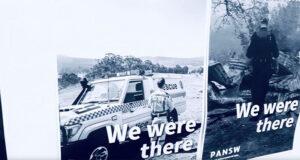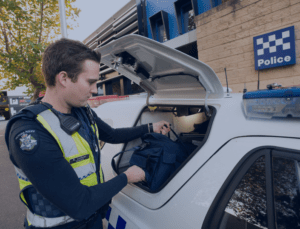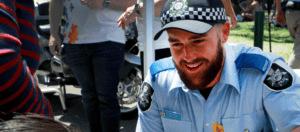Overview
The Biology of Trauma
An explanation of what happens in the body when we experience stress and how that relates to the ‘mind/body’ connection. We often think we can control the mind by being resilient however what really happens when the body does what it is build to do by our biological fight/flight/freeze stress response?
Burnout, the ingredients that cause stress
An outline of stressors that come with the job to assist in understanding why police are under the pump and the way triggers impact reaction versus response. This includes how the organization impacts police resilience.
The medical model verses person centred care
An explanation of the differences between psychiatry, psychotherapy and counselling to assist police and their families to understand the appropriate care to support their individual needs by making an informed choice.
Talking about Suicide
A sensitive conversation around suicidal ideation, which is an ultimate challenge for us all, how this can manifest and what to do if you, a family member, friend or colleague is struggling.
Reaching out for help
What are the options and how can we empower ourselves to live our best life.
Emotional awareness for managers
Information around how to identify and approach staff who are showing signs of burnout. A look at language and sensitivity when speaking with team members and how to use a person-centred approach rather than the penal system.
The role of Chaplains
An open discussion regarding the work of police chaplains and chaplaincy in general and how chaplains can be of support to serving and former police as well as how they assist and support families. This can include assisting when mental health issues arise as well as family crises, relationship breakdown and where there is illness or a death in the family.
Step-By-Step
Mental health professional support
Your doctor can refer you to mental health professionals including:
• psychiatrists
• psychologists
• counsellors
• social workers
• occupational therapists.
You can read about the different types of mental health professionals on the health direct website.
You can also use their find a health service tool to find one near you.
A mental health treatment plan lets you claim up to 20 sessions with a mental health professional each calendar year.
To start with, your doctor or psychiatrist will refer you for up to 6 sessions at a time. If you need more, they can refer you for further sessions. Health professionals set their own fees, so we may only cover some of the cost. Ask how much you’ll pay and what you’ll get back from us when you make your appointment. If they bulk bill, you won’t have to pay anything. If you have private health insurance, you may be able to get some money back. You can check with your insurer.
Help with costs
A mental health treatment plan lets you claim up to 20 sessions with a mental health professional each calendar year.
To start with, your doctor or psychiatrist will refer you for up to 6 sessions at a time. If you need more, they can refer you for further sessions. Health professionals set their own fees, so we may only cover some of the cost. Ask how much you’ll pay and what you’ll get back from us when you make your appointment. If they bulk bill, you won’t have to pay anything. If you have private health insurance, you may be able to get some money back. You can check with your insurer.
Rural and remote support
If you live in a remote area, it might be hard to see a mental health professional. You may be able to have a telehealth video consultation instead. You can claim for video consultation sessions with a mental health professional.
Ask your GP or mental health professional if they offer this service. You can also search the find a health service tool on the healthdirect website for mental health telehealth services.
Content for pathways to help
 03 Apr 2022
03 Apr 2022
Blue Space (Victoria)
Mental health, resilience, relationship, and wellbeing information via website resources for Victorian Police employees, families, and friends.
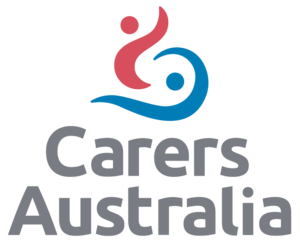 17 Nov 2021
17 Nov 2021
Carers Australia
Carers Australia is the National Peak body advocating, supporting and providing services and resources for people filling roles as unpaid carers including programs across Australia. These programs and services are applicable to carers looking after the needs of loved ones with both physical and mental disabilities.
 03 Apr 2022
03 Apr 2022
Children of Parents With a Mental Illness (COPMI)
Resources and services for parents and the children of parents with a mental illness. Tips and resources on how to parent with a mental illness and understanding your health needs with links to online forums, services and supports and a community services directory.
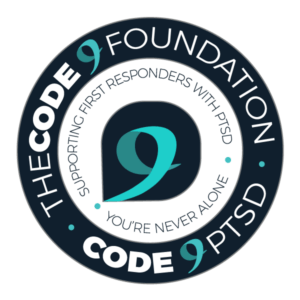 26 Jun 2024
26 Jun 2024
Code 9 Foundation
Code 9 is a peer-to-peer support group run by volunteers assisting serving and former police and their families who are living with mental health challenges.
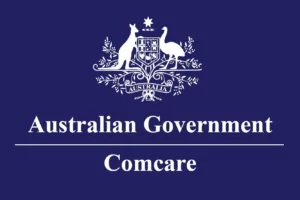 03 Apr 2022
03 Apr 2022
Comcare
Serving police in each state pay into individual state insurance, workers compensation, superannuation and income protection schemes. Assistance during times of injury, Illness, death, or career transition are available by contacting your appropriate state provider.
 03 Apr 2022
03 Apr 2022
Currumbin Clinic, Currmubin Qld
Inpatient, day and follow up trauma recovery programs for serving and former police specifically effected by work based trauma.
 06 May 2022
06 May 2022
Depression
Depression is commonly experienced when prolonged and intense feelings of sadness, low mood and energy levels persists for more than 2 weeks, and it becomes difficult to function when attending to usual daily tasks.
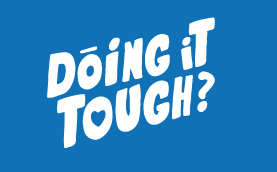 14 Jun 2022
14 Jun 2022
Doing it Tough
Doing it Tough? makes it easier for men to find what they are looking for – whether services,
resources and other support in their local community, or in extended networks, or via preferred
organisations. Individuals are able to search the platform via various filters that fit their needs
including cultural, location, age, and industry profiles.
 03 Mar 2023
03 Mar 2023
Dr Jane Cooper - Clinical Psychologist
With a PhD in Clinical Psychology, Dr Cooper has experience working with clients with a wide range of psychological disorders including depression, anxiety, substance abuse, and post-traumatic stress disorder. She also has experience treating individuals who are experiencing stress, either in their work or home lives - or both.
 20 Aug 2024
20 Aug 2024
Due South
Due South is a free wellness initiative for veterans and first responders, providing a unique space to recharge, reconnect, and focus on wellbeing in tranquil, natural settings in Tasmania.
 03 Apr 2022
03 Apr 2022
Eagles Rest
Located on a 230-acre property near Yass NSW, Eagles Rest supports Police, Emergency Services and Defence as well as their families to rest, reflect and restore in a retreat environment away from the pressures of society and workplace burnout. Cost is by way of donation as well as covering basic needs. Activities include, bush walking, low and high ropes, team building and flying fox.
 03 Apr 2022
03 Apr 2022
EML Police Blue Ribbon Insurance Scheme
Serving police in each state pay into individual state insurance, workers compensation, superannuation and income protection schemes. Assistance during times of injury, Illness, death, or career transition are available by contacting your appropriate state provider.
 20 Aug 2024
20 Aug 2024
Everymind
Everymind is a leading institute dedicated to the prevention of mental ill-health and suicide. Everymind runs several programs which may be helpful for serving and former police, and their families and friends including;
Minds Together is for partners, spouses, family members, friends and colleagues who support someone experiencing mental health concerns or suicidal distress in Australia. Our programs and resources will help you support your family member or friend and will also help you look after yourself so you can be there for them. Visit the Minds Together portal

 Exit
Exit


